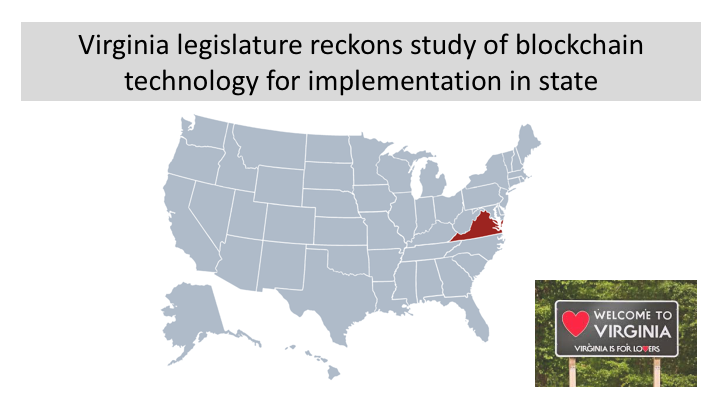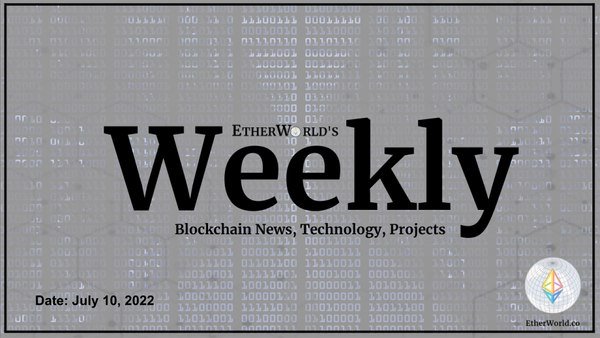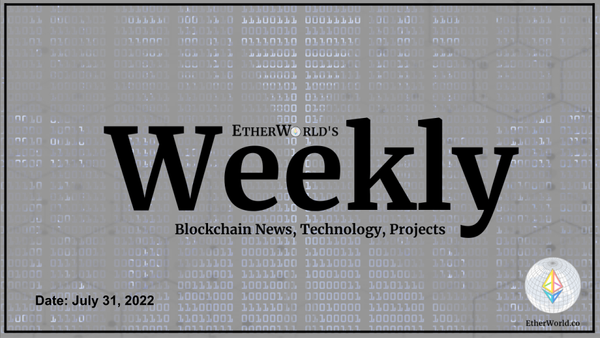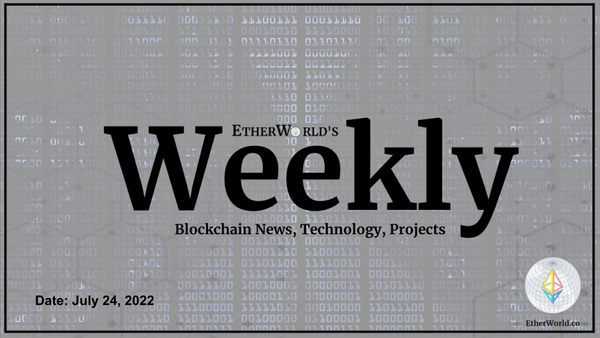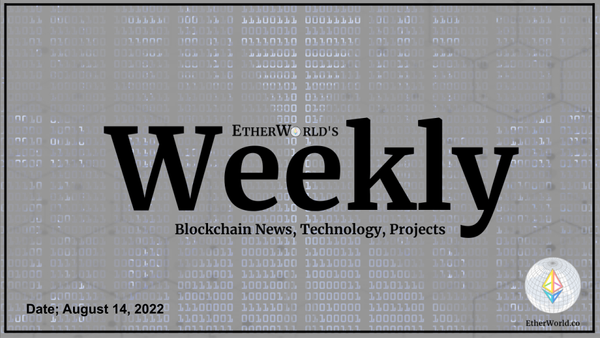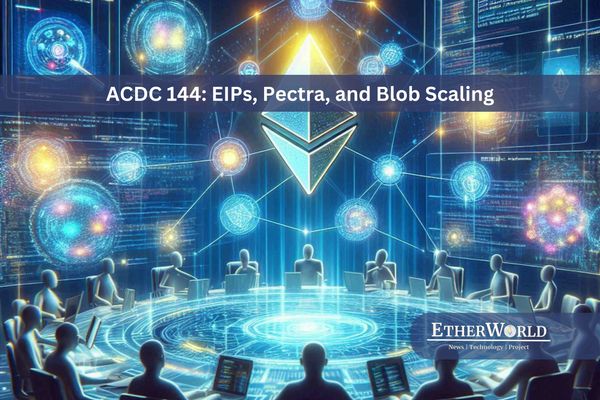"Virginia is for lovers" is the state's tag line. Looks like, Govt. will also start loving blockchain technology soon.
A House Joint Resolution on Blockchain technology is offered in Virginia Legislature on January 23, 2018. HJ 153, introduced by Glenn R. Davis suggests establishing a one-year joint subcommittee to study the potential implementation of blockchain technology in state recordkeeping, information storage, and service delivery. It will consists of 13 members; eight legislative members and five nonlegislative citizen members, and one ex officio member with nonvoting privileges.
In conducting the study, the joint subcommittee shall research, analyze, and consider:
(i) opportunities and risks associated with using blockchain technology in state recordkeeping, information storage, and service delivery;
(ii) different types of blockchain technology and the feasibility of implementing each type;
(iii) projects and use cases currently under development in other states and nations and how those cases could be applied in Virginia;
(iv) how early adoption of blockchain technology may stimulate interest and growth in Virginia's information technology industry; and
(v) how current laws in the Commonwealth can be modified to support blockchain technology.
The resolution argues that nations and municipalities across the world are studying and implementing government reforms in a variety of uses, including banking, medical records, land records, elections and voter registration records, and property auctions. Blockchain technology has reached a point where the opportunities for efficiency, cost savings, and cybersecurity deserve legislative study.
The joint subcommittee may have up to four meetings by November 30, 2018. Cost of study is not budgeted, instead a cryptocurrency wallet will be created to accept private donations to fund the study. The chairman will be submitting an executive summary of its findings and recommendations to the Division of Legislative Automated Systems on or before Jan 1, 2019. Implementation of this resolution is subject to subsequent approval and certification by the Joint Rules Committee.
A similar resolution in West Virginia HCR29 title "Requesting the Joint Committee on Government and Finance to study Bitcoin" is also introduced on January 23 2018.
Also read: Study of blockchain by Iran, Venezuala and Facebook
Follow us at Twitter, Facebook, Google+, Steemit and Medium for more interesting stories. To receive weekly newsletter, subscribe here. Publish Press Release and list ICO at our website.


